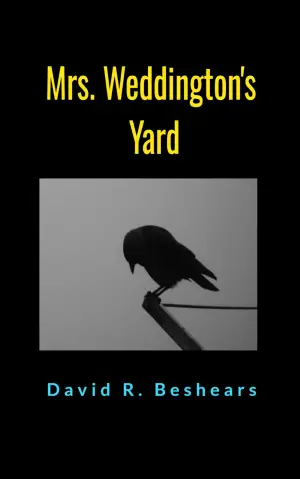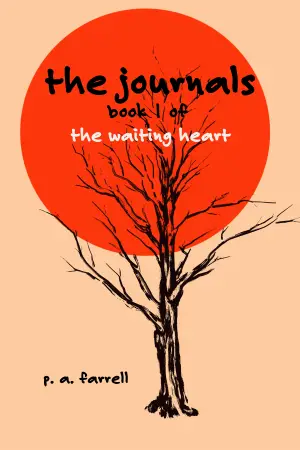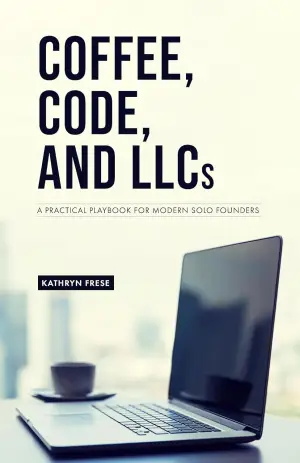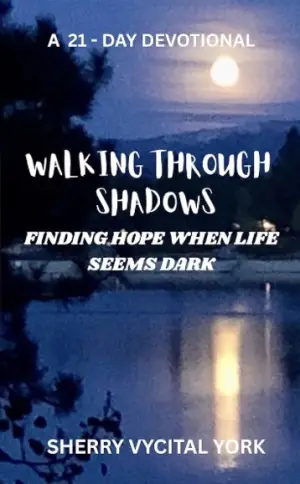The Hunger Games: Hunger Games, Book One – A Daring Venture into Dystopia
The first time I picked up The Hunger Games, I was struck by a curious mix of apprehension and intrigue. Suzanne Collins had created a world so vividly terrifying that, despite the initial reluctance, I couldn’t help but dive in. The thought of a dystopian society where children battle for survival evokes both fascination and horror, but it’s the strength of the young protagonist, Katniss Everdeen, that truly pulls you in.
From the very first chapter, Collins establishes the chilling backdrop of Panem, a nation steeped in wealth and oppression. The Capitol’s brutal control over the 12 districts, enforced through the annual Hunger Games—a televised death match—forces readers to confront uncomfortable truths about power, media, and survival. I found myself reflecting on our own societal structures, realizing how elegantly Collins weaves such provocative critiques into her narrative.
Katniss isn’t your typical dystopian hero; she’s layered and complex. When she volunteers to take her sister’s place in the Games, I felt an immediate connection to her fierce love and fierce determination. Her journey is both heartbreaking and inspiring, and I was constantly on the edge of my seat as she made choices that weighed her survival against her humanity. Every decision she made had me rooting for her, often at the cost of my own sense of comfort.
Collins’ writing style is a fantastic mix of clarity and intensity, effortlessly pulling readers into Katniss’s head. The pacing is brisk without sacrificing depth, allowing us to explore the emotional weight behind every action. There’s a wonderful balance between the raw brutality of the Games and the tender moments that highlight the humanity of her characters. One particularly haunting passage resonated with me: “You don’t forget the face of the person who was your last hope.”
What I appreciated most was that the love story—while significant—never overshadowed the main plot. Instead, it added tension and depth, making Katniss’s struggles even more tangible. The audiobook version, narrated by the talented Tatiana Maslany, brought an entirely new dimension to the storytelling. Her voice gave life to Katniss’s internal struggles, making the experience richer and more immersive, while the bonus Q&A added a delightful layer of authenticity.
The Hunger Games is not simply a tale of survival; it’s a reflection on society, morality, and the human spirit’s resilience. I can easily see this book appealing to a wide range of readers, from young adults to seasoned literary enthusiasts. It’s perfect for anyone intrigued by nuanced characters and fast-paced action who isn’t afraid to confront darker themes.
Reflecting on my reading experience, I came away not only entertained but with a sharper lens through which to view our world. Collins has masterfully crafted a narrative that is both a thrilling adventure and a poignant commentary on the human condition. If you haven’t yet ventured into Panem, I encourage you to do so—just ensure you’re ready for a ride that’s as thought-provoking as it is exhilarating.
You can find The Hunger Games: Hunger Games, Book One here >>






